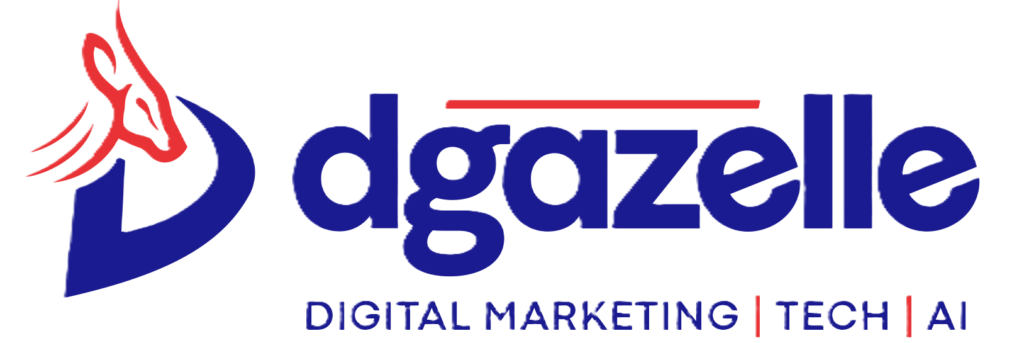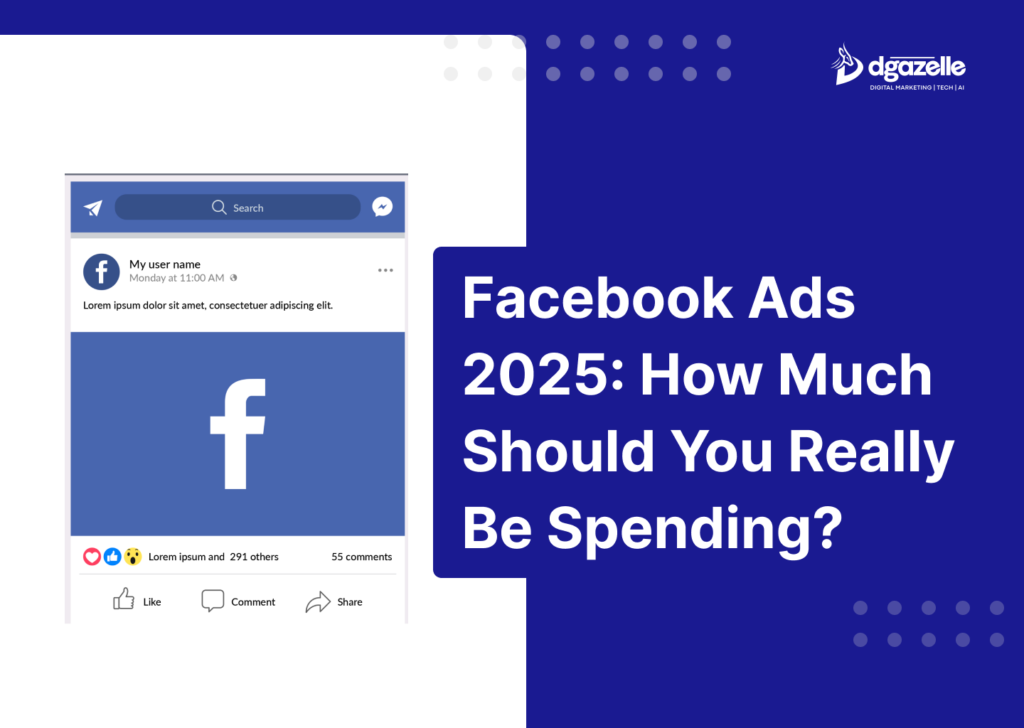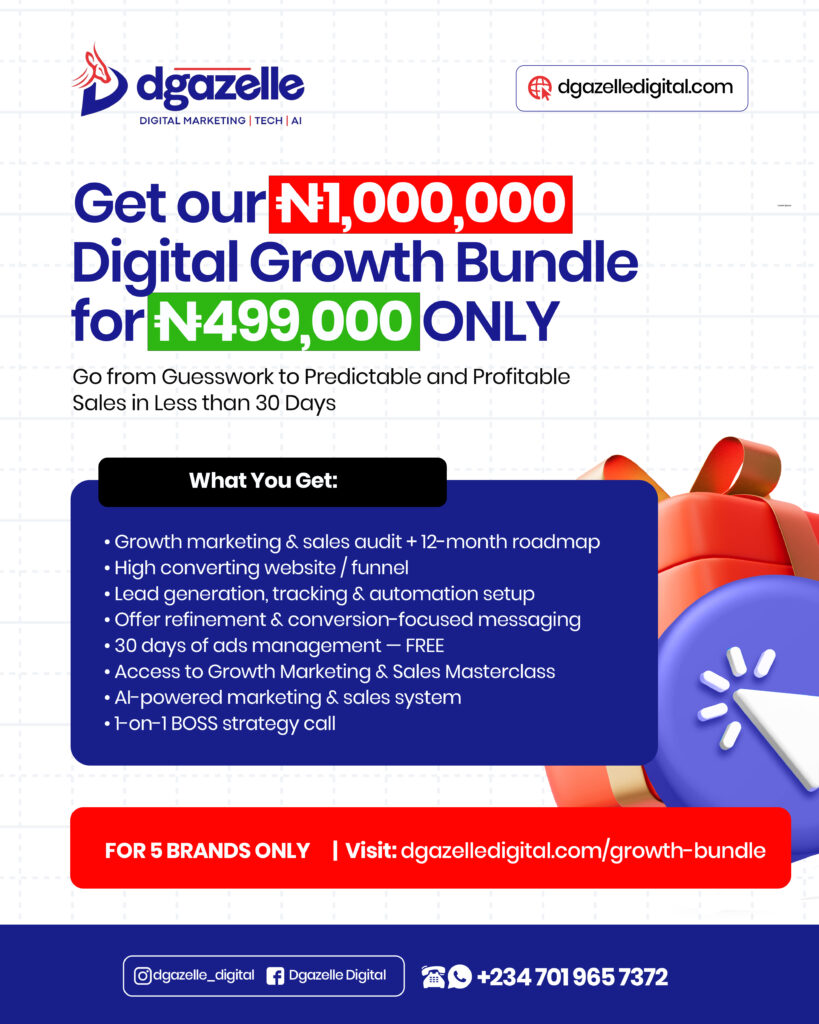Marketers worldwide voted for Facebook as the advertising platform with the best ROI in 2024 and chance of it being the best in 2025 is high. However, managing your Facebook Ads budget has become increasingly challenging due to rising costs and evolving audience behaviors.
For Nigerian small business owners, these budget concerns are even more significant as every naira spent on advertising must count. So, how do you effectively allocate your budget and get the returns you need without overspending?
Why Should You Have a Facebook Ad Spending Strategy?
Is investing in Facebook ads really worth it for your small business in Nigeria? The answer depends on having a smart, intentional ad spending strategy.
Your marketing budget is an investment meant to drive growth and revenue, so aligning your ad spending strategy with your business goals is crucial. This means determining how much you’re willing to spend and ensuring it directly contributes to measurable objectives like lead generation, conversions, or brand awareness.
At Dgazelle Digital, we help small businesses develop customized, data-driven Facebook ad strategies designed to maximize returns and achieve sustainable growth. Ready to build smarter ad strategies? Stay tuned for actionable steps tailored to your budget and business size!
Factors That Determine the Cost of Facebook Ads
If you’re running Facebook Ads for your small business in Nigeria, understanding cost influencers is crucial for optimizing your budget. There’s no one-size-fits-all budget. Many Nigerian SMEs allocate between ₦20,000 to ₦100,000 per month, scaling as returns improve. The key is to spend wisely, learn from data, and keep optimizing. Here are key factors to consider:
- Ad Quality and Relevance: Facebook rewards high-quality, engaging ads with lower costs. Focus on creating content that resonates with your audience.
- Ad Placement: Costs vary depending on where your ad appears, such as in feeds, stories, or audience networks.
- Your Target Audience: Niche, high-demand audiences typically cost more to reach. Refine targeting to reduce unnecessary expenses.
- Time of the Year: Ad costs can rise during busy seasons like holidays when competition spikes.
- Your Campaign Objective: Objectives like conversions or sales often cost more than awareness-focused campaigns.
How Much Should You Spend on Facebook Ads?
Spending on Facebook Ads should be strategic and aligned with your business goals. Below is a practical guide for SMEs in Nigeria:
Step 1: Define Your Campaign Goals
Your objectives determine how much you should spend and where to focus your budget. Here are the six campaign objectives on Facebook:
- Awareness: Boost brand visibility for better recognition.
- Traffic: Direct more visitors to your website or app.
- Engagement: Increase interactions with your brand online.
- Leads: Collect customer information for future marketing efforts.
- App Promotion: Encourage downloads and user engagement for mobile apps.
- Sales: Optimize for conversions and drive purchases.
For small businesses, conversion-focused objectives like Sales and Leads often deliver the best results by providing measurable ROI.
Step 2: Start Small and Test the Waters
Resist the urge to start big. Begin with a modest budget and scale only after gathering sufficient performance insights.
- Run A/B Tests: Experiment with different elements like creatives and audience targeting to find what works best.
- Leverage Retargeting: Use Facebook Pixel to re-engage people who have interacted with your website or previous ads.
Smart spending and ongoing optimization will help you achieve sustainable business growth while minimizing wasted ad spend.
Step 3: Base Your Budget on Audience Size
Understanding your audience size helps in setting a realistic budget.
- Define Your Target Audience: Use Facebook’s targeting features to narrow down by demographics, location, and interests.
- Balance Reach and Relevance: A broad audience increases visibility, but a well-defined audience ensures higher engagement and budget efficiency.
Targeting a niche audience often yields more impactful results.
Step 4: Adjust Your Budget as You Scale
Once you’ve identified what works, gradually increase spending and refine your targeting.
- Increase Budget in Increments: Boost your daily budget by 10-20% weekly to maintain campaign stability and avoid disrupting performance.
- Duplicate Winning Ads: Use the same Facebook post ID to retain social proof (likes, comments) when duplicating successful ads.
Leveraging AI tools like Madgicx Ads Manager 2.0 can help optimize campaigns and manage budgets without restarting the learning phase.
Summary
Effective Facebook ad spending requires strategic planning, audience targeting, and continuous optimization. Factors like campaign goals, budget adjustments, and the right tools, play a crucial role in maximizing ROI.
Ready to supercharge your Facebook ads? Partner with our digital marketing experts for data-driven strategies, optimized spending, and impactful results. Let’s take your campaigns to the next level!







